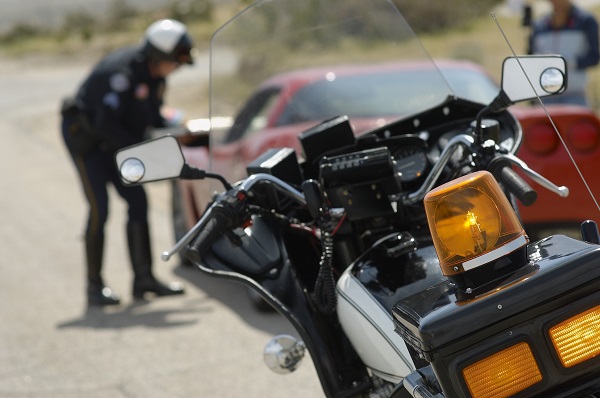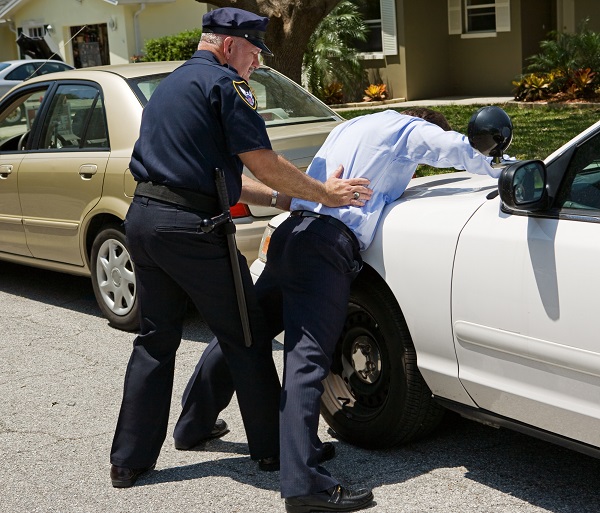DUI Car Chase: The Risks You Face
Drivers who get chased by the police and are also accused of impaired driving face serious consequences if convicted. In Oklahoma, these charges could lead to many years of prison time and expensive fines – especially if anyone was hurt or it was not the driver’s first offense. The Risks of a Car Chase Car chases can lead to many problems for drivers: Many different legal charges against them The threat of lengthy prison time Expensive fines Probation The requirement to attend a drug and alcohol rehab program When police have to chase a driver down, the legal charges multiply quickly. Charges can...
Continue reading






